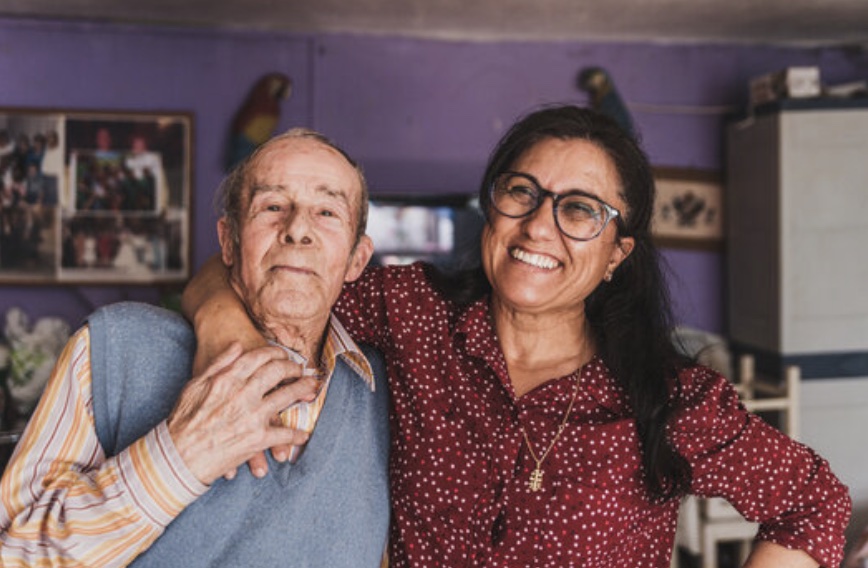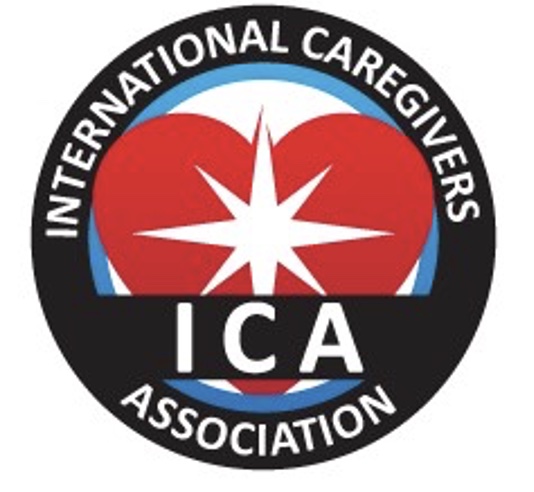Surrendering to Compassion on the Dementia Caregiving Journey
By Dr. Ethelle Lord
When a loved one receives an Alzheimer’s diagnosis, the family caregiver experiences a trauma equal to the one being diagnosed. Suddenly, you face unpredictable challenges ahead. It’s natural to feel overwhelmed. Do you react in fear or welcome the journey with compassion?
There is no true preparation for becoming a dementia caregiver. Some states provide a small monthly stipend, but it covers only a fraction of the demands. Caregiving requires constant physical exertion and enormous emotional energy.
To avoid burnout, I suggest all caregivers take these steps:
Educate yourself about Alzheimer’s core symptoms and stages. Knowledge is power. This lets you plan appropriately as abilities change. Understand that safely providing home care has limits. Consult the Caregiver Fatigue Timeline.
Ask questions and seek support. Connect with people who have done this before. Join a hospital or community support group. Consult an elder law specialist to get finances in order. Learn coping strategies. You don’t have to figure this out alone.
Evaluate costs. Long-term care insurance helps if bought early enough. But dementia can still consume savings rapidly. Be aware that your home may eventually transfer to the state. Specialists can advise on financial planning.
Consult experts even if you feel confident at first. Well-intentioned home care often shifts to nursing facilities due to caregiver exhaustion. Therapists provide insights on avoiding burnout while preserving dignity. Surrender and adapt.
Accepting caregiving responsibilities is the first surrender. Letting others help with meals or respite is next. When frustrations boil, remove yourself briefly to reset. Forgive yourself often. Meditate and exercise to bolster resilience.
Above all, surrender to compassion. The gift emerges when we transcend our own perspective. Walk in the shoes of your loved one’s reality. Meet them where they are with empathy and validation. Compassion transforms caregiving from obligation to moral purpose.
Communication is key. Simplify sentences. Ask one question at a time. Make requests visual. Something as simple as buttering bread can perplex, so demonstrate patience. Break tasks into step-by-step prompts. Celebrate each success to uplift confidence.
Focus on the feelings behind words or actions, not just the literal meaning. Frustration often hides unmet needs. Anger or apathy may signify overstimulation or discomfort. Work on preventing triggers and responding constructively in the moment. The emotions matter more than facts.
Laugh together when you can. Humor relieves stress. Creative play sparks joy. Even folding laundry can become a fun interaction. The scenic route nourishes the soul. Shared moments maintain connection amidst cognitive gaps.
Support your loved one’s own coping strategies too. If routines provide comfort, assist in maintaining them. Reminiscence builds self-worth. Preserved creative gifts open avenues for expression. Help curate their life story. Each person has unique ways of processing change.
Finally, care for yourself. Eat well, rest properly, ask for help unapologetically. Refill your own cup before pouring again. This is a team effort with caregivers and care recipients empowering each other. With compassion as your guide, growth flourishes even along difficult paths.
Our shared human dignity persists regardless of cognition. When we surrender to love, dementia cannot erase the bonds between us. Always remember your worthiness. Then extend that same grace to your loved one. Each transaction builds a legacy of care.

